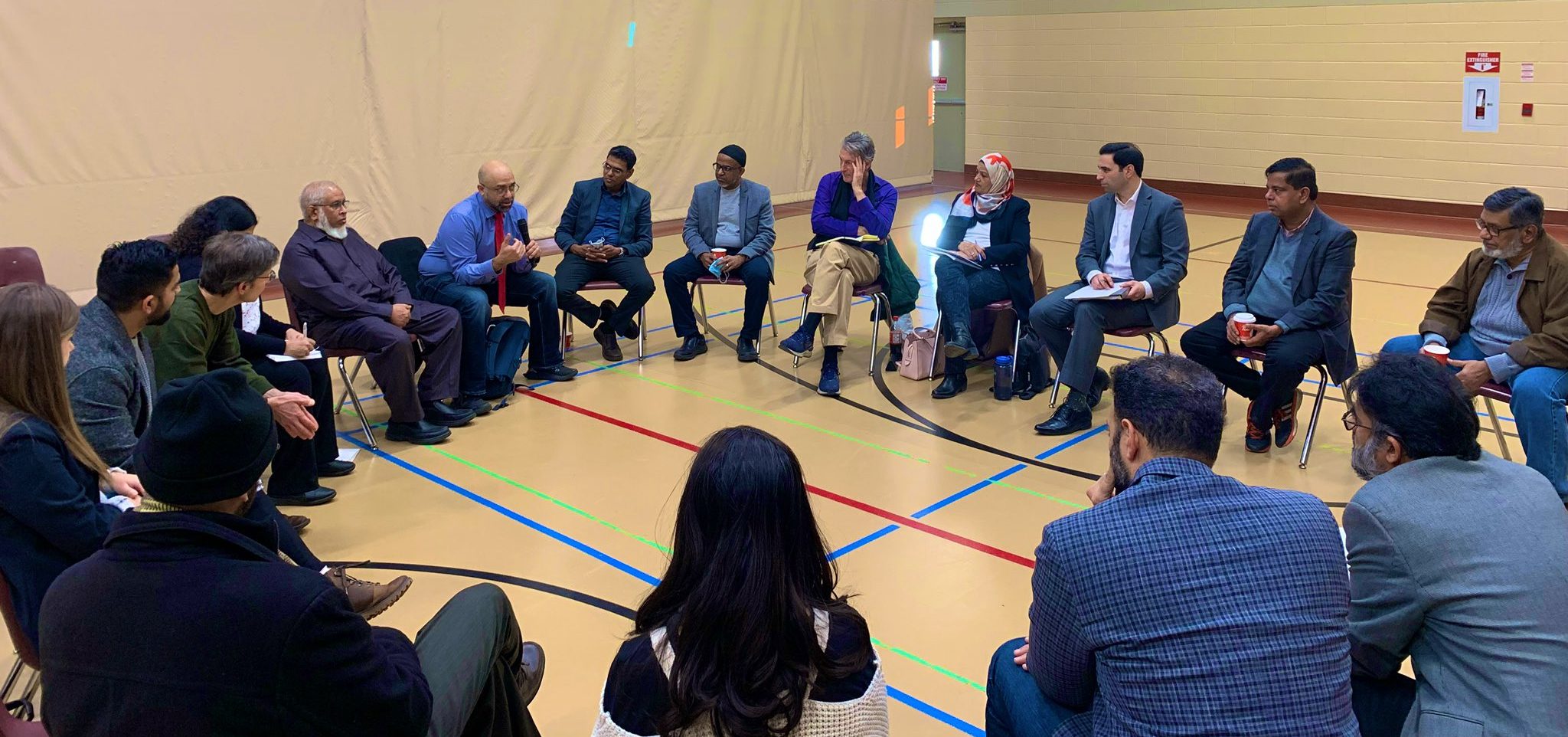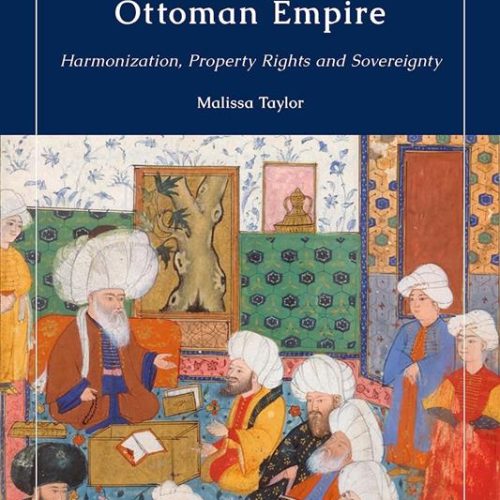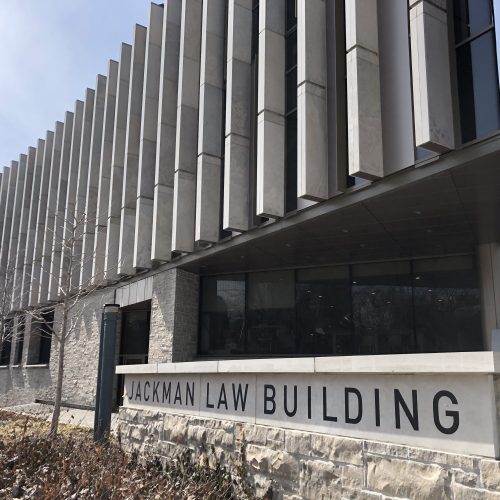
The Institute of Islamic Studies (IIS) centers the study of Islam and Muslims to better understand our society, including the scope (and breaches) of Canada’s democratic promises. The IIS’ 2021 report, “Under Layered Suspicion”, shed light on the scope and limits of Canadian democracy in relation to Canada’s civil society and the charitable sector. The report showed that policies of suspicion were too often informed by biased bureaucratic reasoning in a complex political environment. The research found that the bureaucratic rationalities operated to the disadvantage of Muslim-led charities. The report, along with considerable advocacy from community partner National Council of Canadian Muslims (NCCM), helped inform the government’s decision to task the Taxpayers Ombudsperson with a review of the CRA on grounds of possible bias.
On Tuesday, November 22, 2022, the Taxpayers Ombudsperson issued a press release addressing why his review cannot meet the terms of reference given. Three reasons were given:
- legislative restrictions that limit CRA disclosures on other charities;
- CRA policies that preclude disclosure of its internal risk assessment models for identifying which charities to audit; and
- national security considerations that preclude access to top secret intelligence.
This announcement from the Taxypayers’ Ombudsperson’s office was predictable, but nonetheless alarming to our collective commitment to democratic accountability and inclusion. This outcome was predictable for two reasons. First, as Under Layered Suspicion exposed, the CRA’s audit of Muslim-led charities were and remain subject to whole-of-government policies that lie with the Ministries of Public Safety and Finance. The Taxpayers’ Ombudsperson, as an office within the Ministry of National Revenue, did not have the remit to review those ministries and their policies. Second, because these whole of government policies coincide with national security powers, the Taxpayers’ Ombudsperson was never authorized to access relevant files that require top secret clearance. Without the cooperation of the National Security Intelligence Review Agency (NSIRA), the original terms of reference never gave the Taxpayers’ Ombudsperson the power, cooperation, or capacity to perform the systemic review as described.
The press release, however foreseeable, raises disturbing questions about whether the government’s own accountability measures have the scope and ability to examine its own operations for systemic bias. For example, the CRA did not produce its own policies on risk assessment for audit processes. As the press release states:
“…it is the CRA’s current practice not to disclose certain information, particularly with regard to risk assessment when selecting a charity for audit purposes. However, these seem to be crucial elements for us to be able to properly answer the questions submitted, particularly the question concerning the criteria for selecting files for audit purposes.”
The CRA’s rebuff against the Taxpayers’ Ombudsperson’s equity-based review raises concerns about how an agency subject to whole of government policies is nonetheless immune from review and accountability by its own ministry, let alone more robust whole of government review processes. The CRA’s immunity from equity-based review precludes the kind of accountability that is a hallmark of democracy and the rule of law.
The IIS’ research aims to understand the ways in which government institutions serve its citizens equally. The inaccessibility of key policies, data, and operations of bureaucratic workings – that directly affect the public – cause alarm to those committed to principles of justice. These concerns are only magnified when the government’s own review processes are also stifled. The Taxpayer Ombudsperson’s statement reinforces this concern and echoes the need for greater transparency.




